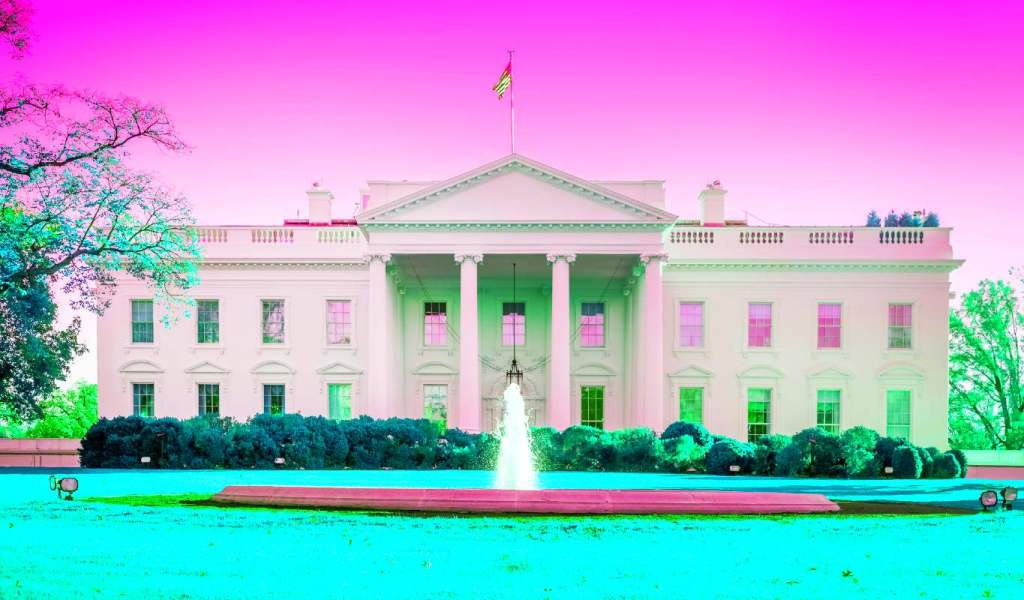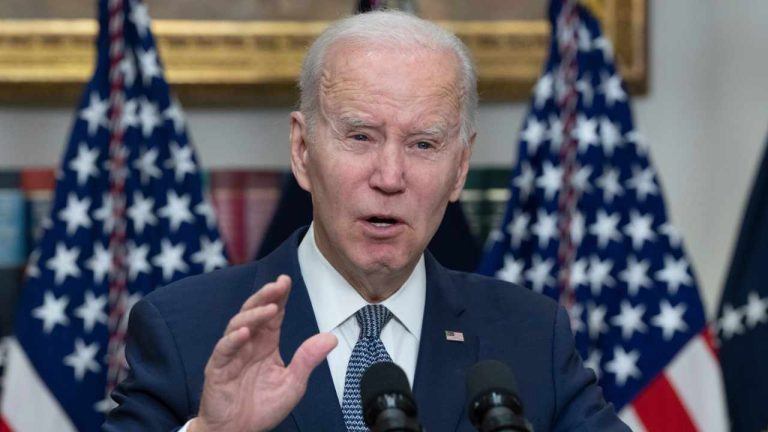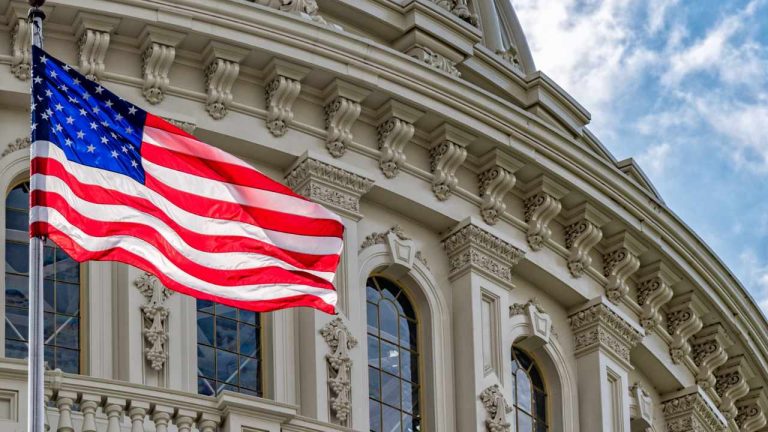
Terraform Labs plans to sell key projects within the Terra ecosystem and give the community control of the Terra blockchain.
Terraform Labs has agreed to pay the United States Securities and Exchange Commission (SEC) roughly $4.47 billion as part of its settlement with the securities regulator. The duo settled after a jury found Terraform Labs and its co-founder liable for the Terra ecosystem collapse, which erased $40 billion in investor assets.
Chris Amani, CEO of Terraform Labs, has announced that the firm will cease operations following the settlement. The company plans to sell key projects within the Terra ecosystem and give the community control of the Terra blockchain.
In other news, lawyers for blockchain payments company Ripple have asked a court to consider an “appropriate” civil penalty in its case with the SEC following a settlement between the regulator and Terraform Labs. The SEC has requested that Ripple pay roughly $2 billion in disgorgement, prejudgement interest and civil penalties. Ripple has argued it should pay no more than a $10 million penalty.









